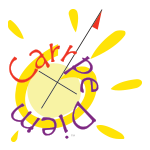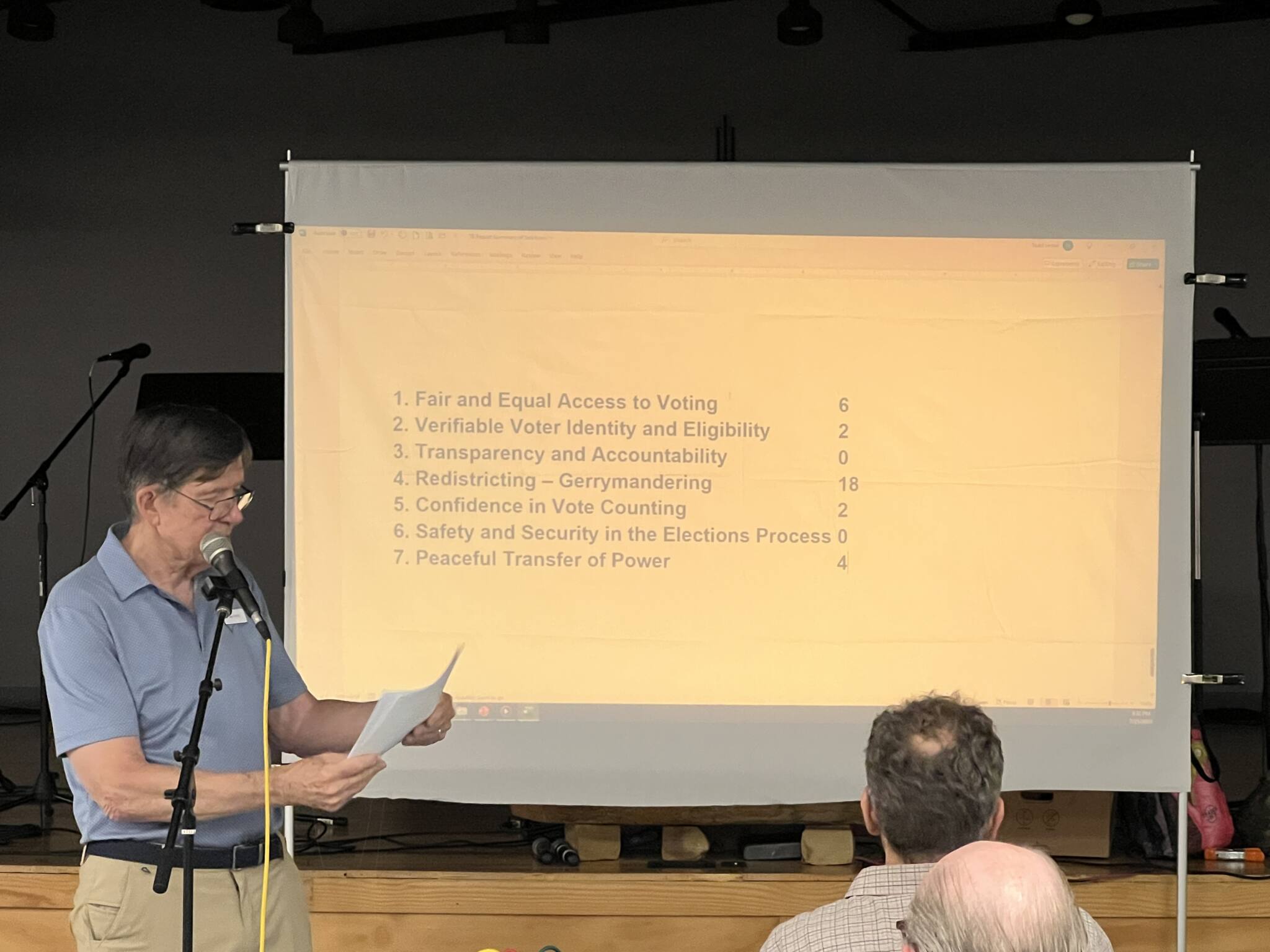How often have you said to yourself and others, “I didn’t think about that.” or “That didn’t cross my mind.” or “I hadn’t considered that.”?
Why did you say that? Why did you think that? Were you guilty of “fast thinking”? According to Daniel Kahneman, Thinking Fast and Slow, we spend over 90% of our thinking … fast. We don’t like to think slow because it takes more energy. It takes energy to be curious. Our comfort zone is laziness, compliance, and addiction. It’s so much easier to go to the familiar and pleasurable. As a result, “We don’t see things as they are, we see them as we are.” – Anais Nin
Asking questions is an art and a fundamental art of leadership. Questions are more important than answers. Questions reveal what we are thinking. Answers reveal what we know and our judgment. Why don’t we ask more questions to seek to understand rather than to reply? Why do we intimidate people who don’t speak our language, share our beliefs, or look like us?
Adam Grant, Think Again: The Power of What You Don’t Know writes we need to learn to rethink and unlearn.
“In our daily lives, too many of us favor the comfort of conviction over the discomfort of doubt. We listen to opinions that make us feel good instead of ideas that make us think hard. We see disagreement as a threat to our egos rather than an opportunity to learn. We surround ourselves with people who agree with our conclusions when we should be gravitating toward those who challenge our thought process. The result is that our beliefs get brittle long before our bones. Intelligence is no cure, and it can even be a curse: there’s evidence that good thinking can make us worse at rethinking. The brighter we are, the blinder to our limitations we can become.”
Have you read Project 2025? It’s over 900 pages on moving the United States from democracy to autocracy.
Project 2025 is a roadmap for big-government authoritarianism. For example, The Department of Education and the Department of Commerce would be eliminated. Most U.S. Government departments would morph into service to create a Christian Nationalist state in which any non-Christian (or non-conservative-Christian) is rendered a second-class citizen. (Forward)
Project 2025 raises a lot of questions for me.
What is religious liberty? What does Christian Nationalism mean? How does Christian Nationalism threaten religious freedom? What does Christian Nationalism mean to someone Jewish? Someone who is Muslim?
How does Christian Nationalism distort the teachings of Christ? Wasn’t Christ on the side of the marginalized and the oppressed? Does Christian Nationalism side with the marginalized and the least of us? Does Christian Nationalism center on the Gospel of love?
Does Christian Nationalism promote democracy? Is Christian Nationalism patriotic? What is the connection between Christian Nationalism and White supremacy?
How are patriotism and faith similar? Don’t they each have to be freely chosen?
Why does Christian Nationalism give credence to violence and divisiveness?
Why does Christian Nationalism seek to reverse advances in women’s rights and LGBTQ+?
Why does Christian Nationalism perpetuate a caste system that seeks rights for those in power?
Why did the Constitution’s founders and signers write Article VI: “No religious test shall ever be required as a qualification to any office or public trust under the United States.”?
Why did our founding fathers write in the Bill of Rights: “Congress shall make no law respecting an establishment of religion or prohibiting the free exercise thereof.”
Does the recently enacted law in Louisiana requiring the display of the Ten Commandments in every school classroom violate the Bill of Rights? Does the recent mandate in Oklahoma requiring the teaching of the Bible in the classroom violate the Bill of Rights?
For faith to thrive, shouldn’t it be chosen freely and not demanded by a governmental authority?
Where might you go to get out of your comfort zone, relearn, and unlearn? Here are some suggestions:
For daily news, check out The League of Women Voters to see charts on how reliable your news source is and to understand media bias.
Consider reading Ground News. It shows multiple perspectives compared to your regular go-to sources. I also suggest connecting with 1440 News. They focus on facts and not opinions. According to Snopes, 1440 News is who they say they are and is in the middle of the media bias chart.
Podcasts I find that challenge my rethinking, relearning, and unlearning:
Reflector—“Reflector is a documentary-style podcast that tells stories about the strange experiences of being human. Our stories focus on how beliefs shape our world, the context behind our society’s messy debates, and how deeply listening to one another can reveal a sense of shared humanity. We aim to spark wonder, unveil complexity, and ignite curiosity.”
Hidden Brain – “Nowhere is this journey of exploration more profound than in the discoveries we can make about ourselves. Our inner worlds are so much with us, so familiar to us, that many of us have lost the ability to marvel at our minds. Yet, there is no form of exploration more exhilarating. Every episode of Hidden Brain aims to help people get to know themselves better and think of their inner worlds with less judgment and more curiosity.”
Search Engine – “Search Engine is a show where we try to answer the kinds of questions that you might normally ask the internet—questions that might be too potentially dumb-sounding, too personal, or too hard to answer otherwise.”
Code Switch – “We’re a multiracial, multigenerational group of journalists who explore how race affects every part of society — from politics and pop culture to history, food, and everything in between.”
Right, Left, and Center – ” Left, Right & Center” serves as a civilized yet provocative antidote to the self-contained opinion bubbles of political debate. It first debuted in 1996 and has grown into a premier political discussion destination for listeners.”
Throughline – “Throughline is a time machine. Throughline travels beyond the headlines of each episode to answer the question, “How did we get here?” We use sound and stories to bring history to life and put you in the middle. From ancient civilizations to forgotten figures, we take you directly to the moments that shaped our world.”
Besides the two books I mentioned earlier, consider these books:
Democracy Awakening, by Heather Cox Richardson. Heather Cox Richardson is a history professor at Boston College as well as the author of this book. She writes a daily newsletter, Letters from an American, on the history behind today’s politics and has taught me more about American history than any high school or college history class I took. Her latest book is full of history lessons.
How To Know a Person by David Brooks. “There is one skill that lies at the heart of any healthy person, family, school, community organization, or society: the ability to see someone else deeply and make them feel seen—to accurately know another person, to let them feel valued, heard, and understood.”
Factfulness by Hans Rosling, Ola Rosling, and Anna Rosling. “Rönnlund offers readers a wealth of statistics and facts that reveal the world far better than it was just a few generations ago. But, more than that, author Hans Rosling also offers readers a way to revise their thinking and fight against our instinct to focus on the bad and lose sight of the good.”
The Art of Gathering by Priya Parker. “Gatherings in our lives – from business meetings to dinner parties – are lackluster, routine, and lacking in purpose. Parker sets out a bold new approach to gathering that focuses on distinctiveness, purpose, and real human connection and shows how simple steps can invigorate any gathering of people.” I wish this book had been published 25 years ago!
The Gifts of Imperfection by Brene Brown. “Brown offers ten guideposts for our minds, hearts, and spirits to explore and cultivate the courage, compassion, and connection to wake up in the morning and think, No matter what gets done and how much is left undone, I am enough, and to go to bed at night thinking, Yes, I am sometimes afraid, but I am also brave. And, yes, I am imperfect and vulnerable, but that doesn’t change the truth that I am worthy of love and belonging.” I own and have read most of Brown’s books. This is still my favorite.
Dopamine Nation by Anne Lembke. “We’re living in a time of unprecedented access to high-reward, high-dopamine stimuli: drugs, food, news, gambling, shopping, gaming, texting, sexting, Facebooking, Instagramming, YouTubing, tweeting . . . The increased numbers, variety, and potency are staggering. The smartphone is the modern-day hypodermic needle, delivering digital dopamine 24/7 for a wired generation. As such, we’ve all become vulnerable to compulsive overconsumption.”
The End of Bias by Jessica Nordell. “The End of Bias delves into the science of unconscious bias, its effects on society, and how we can address and overcome these ingrained prejudices. It explores how habitual biases, even those not consciously endorsed, influence behavior and perceptions and presents strategies for changing these automatic thought patterns.”
Other considerations:
Consider getting involved with Braver Angels. “Braver Angels is leading the nation’s largest cross-partisan, volunteer-led movement to bridge the partisan divide for the good of our democratic republic. As we head into the election, we’re bringing together “We the People” to find a hopeful alternative to toxic politics. The American Hope campaign equips Americans across the political spectrum to work together and demand the same of politicians from both parties.” Braver Angels will give you tools to have tough radical, tough conversations with compassion for the other person.
Share your thoughts, suggestions, and questions with me!





